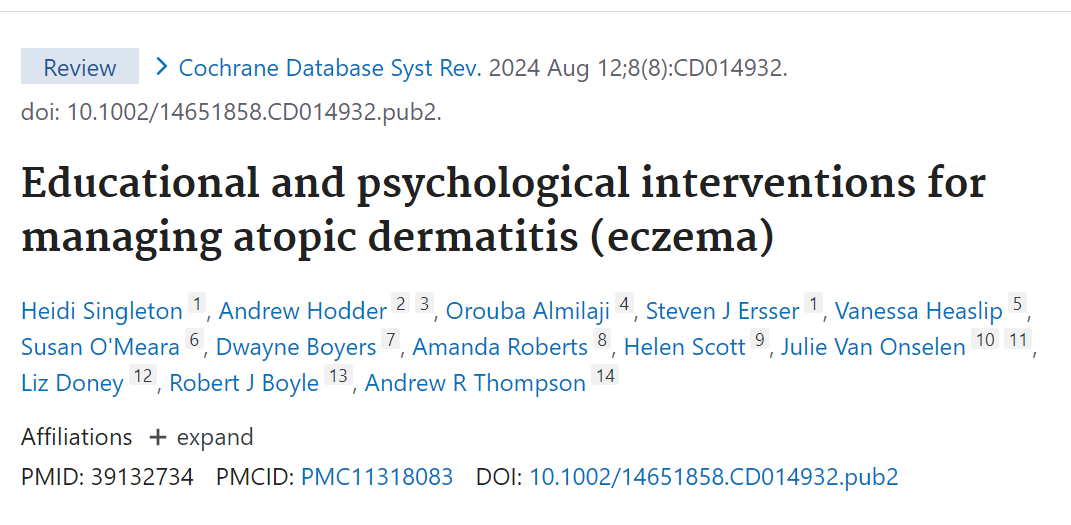 In late August Heidi Singleton led the publication of a Cochrane Systematic Review under the title ‘Educational and psychological interventions for managing atopic dermatitis (eczema)’ [1]. The team conducting this review includes BU’s Prof. Steve Ersser, University Hospitals Dorset NHS Foundation Trust colleagues Dr. Andrew Hodder, former BU staff Prof. Vanessa Heaslip (currently at the University of Salford), and one of my co-authors on a previous project Dr. Dwayne Boyers from the Health Economics Research Unit at the University of Aberdeen.
In late August Heidi Singleton led the publication of a Cochrane Systematic Review under the title ‘Educational and psychological interventions for managing atopic dermatitis (eczema)’ [1]. The team conducting this review includes BU’s Prof. Steve Ersser, University Hospitals Dorset NHS Foundation Trust colleagues Dr. Andrew Hodder, former BU staff Prof. Vanessa Heaslip (currently at the University of Salford), and one of my co-authors on a previous project Dr. Dwayne Boyers from the Health Economics Research Unit at the University of Aberdeen.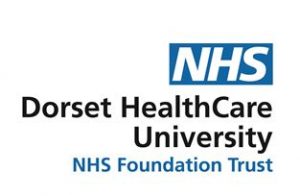
In their review the authors conclude that in-person, individual education, as an adjunct to conventional topical therapy, may reduce short-term eczema signs compared to standard care, but there is no information on eczema symptoms, quality of life or long-term outcomes. Group education probably reduces eczema signs and symptoms in the long term and may also improve quality of life in the short term. Favourable effects were also reported for technology-mediated education, habit reversal treatment and arousal reduction therapy. All favourable effects are of uncertain clinical significance, since they may not exceed the minimal clinically important difference (MCID) for the outcome measures used. Finally, they found no trials of self-help psychological interventions, psychological therapies or printed education. Future trials should include more diverse populations, address shared priorities, evaluate long-term outcomes and ensure patients are involved in trial design.
Well done!
Prof. Edwin van Teijlingen
CMWH
Reference:
- Singleton, H., Hodder, A., Almilaji, O., Ersser, S. J., Heaslip, V., O’Meara, S., Boyers, D., Roberts, A., Scott, H., Van Onselen, J., Doney, L., Boyle, R. J., & Thompson, A. R. (2024). Educational and psychological interventions for managing atopic dermatitis (eczema). The Cochrane database of systematic reviews, 8(8), CD014932. https://doi.org/10.1002/14651858.CD014932.pub2
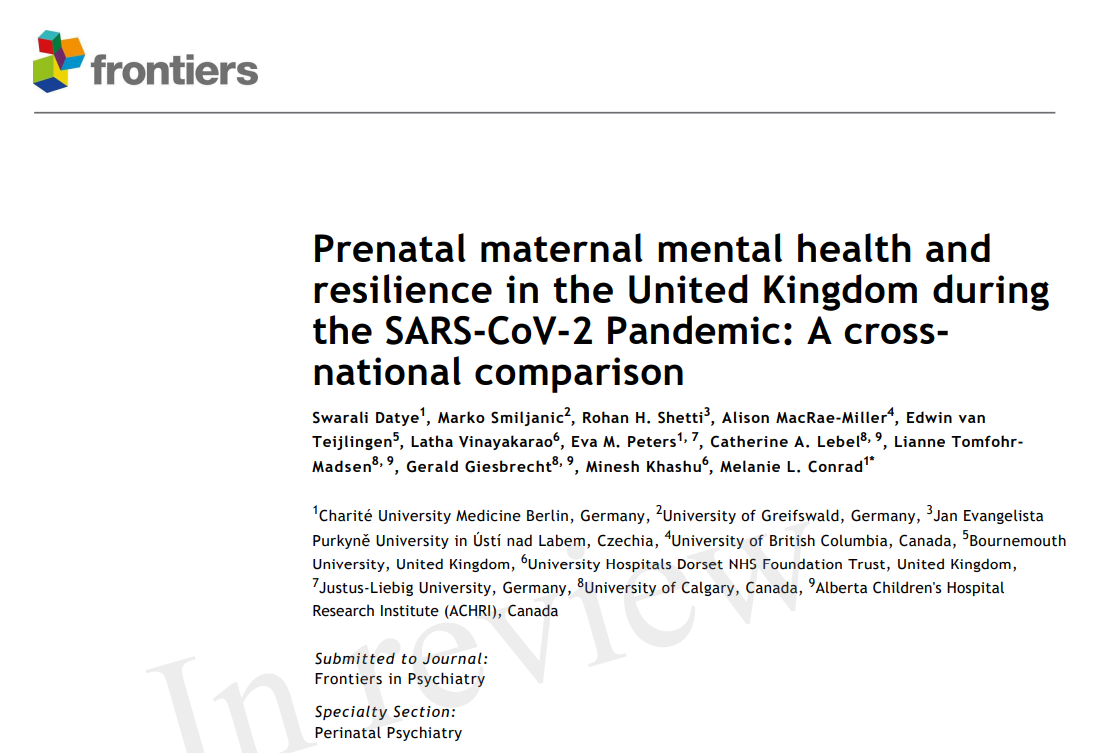


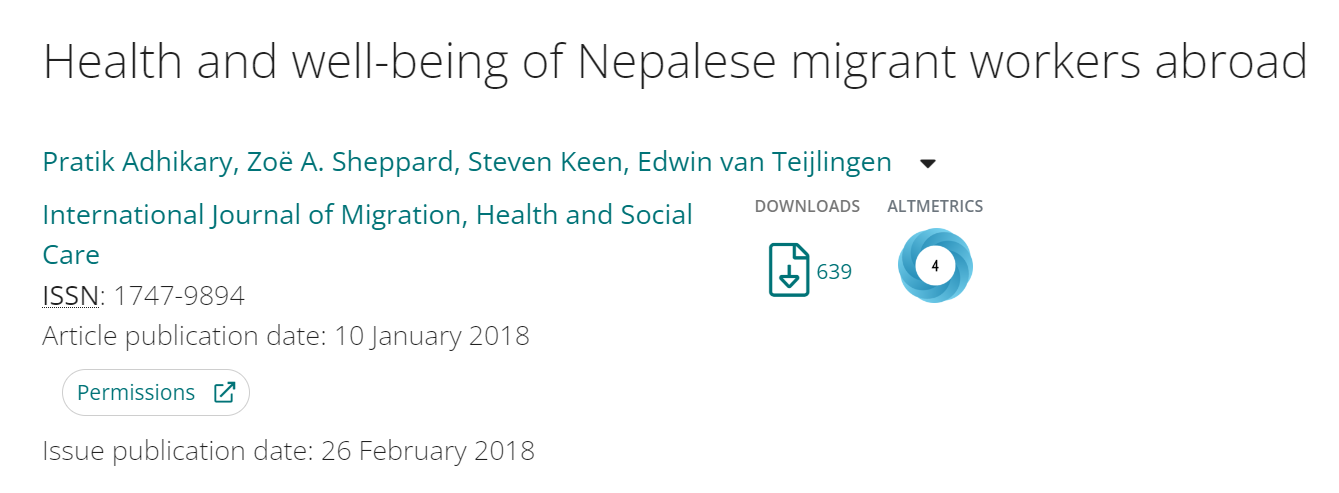
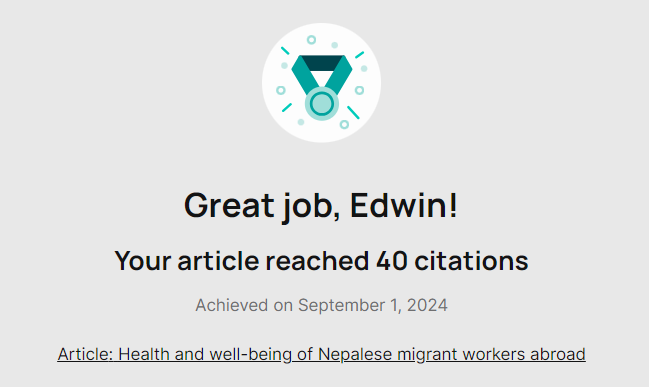

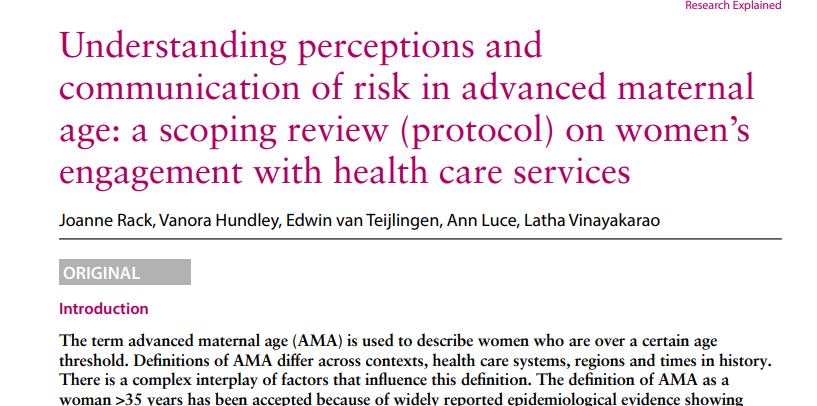

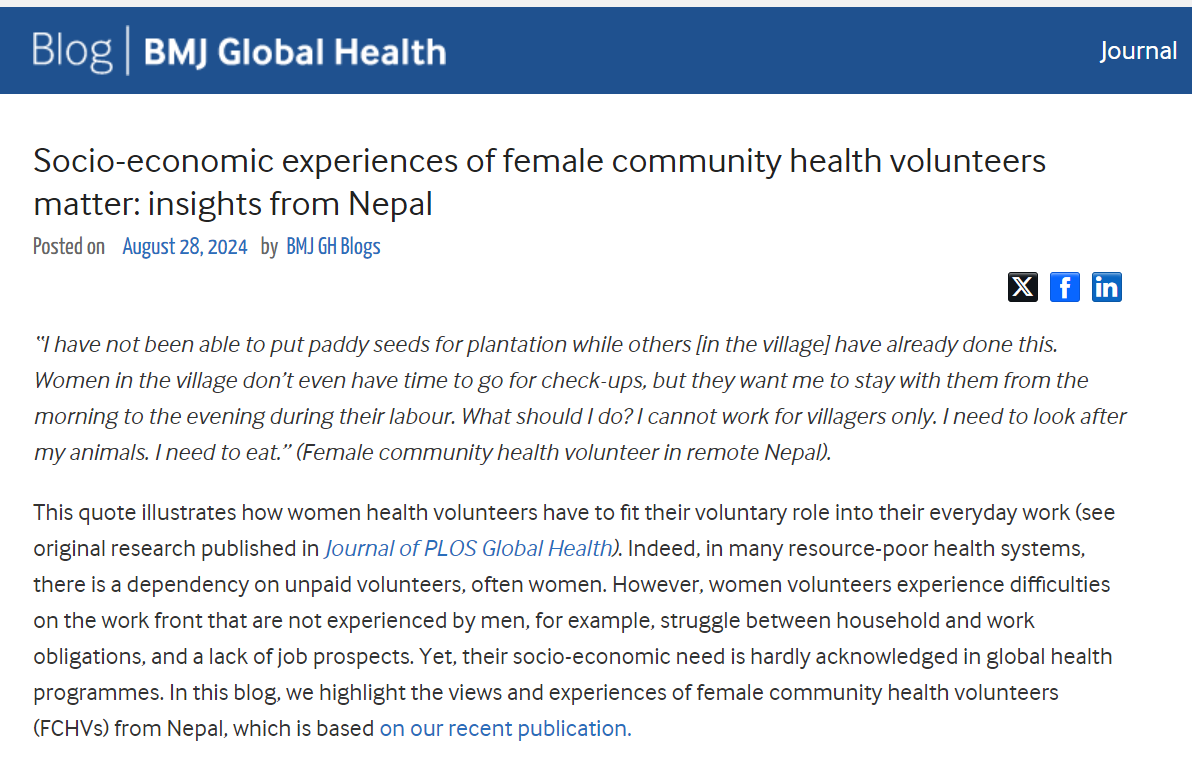
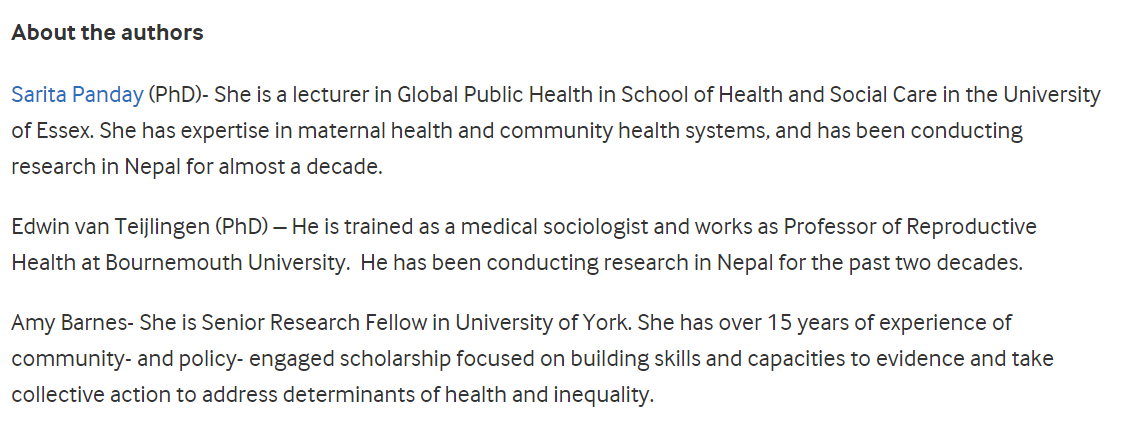
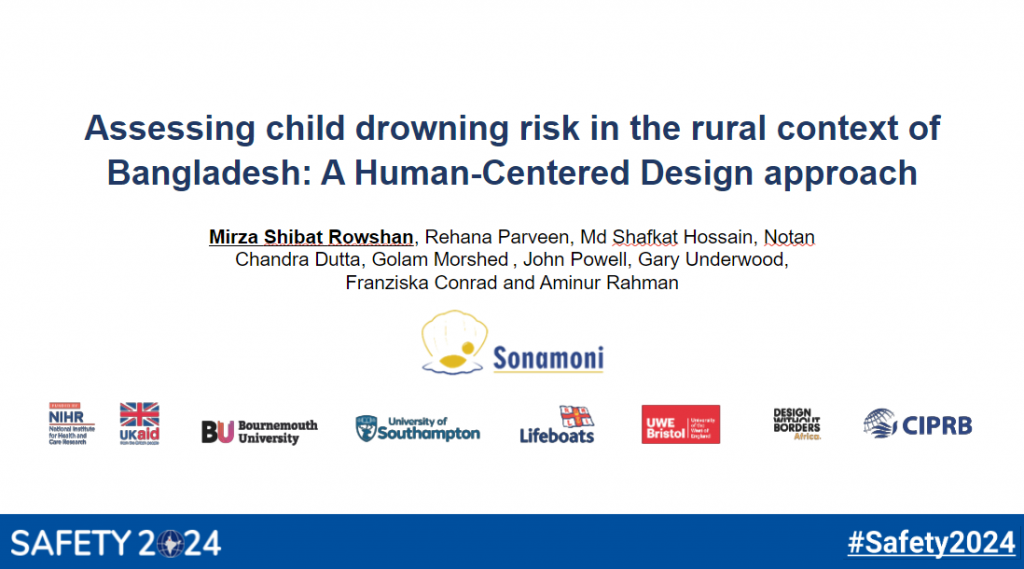
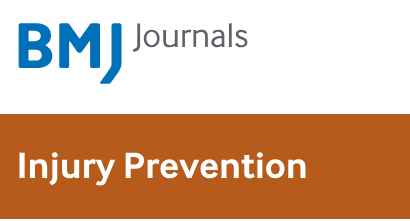


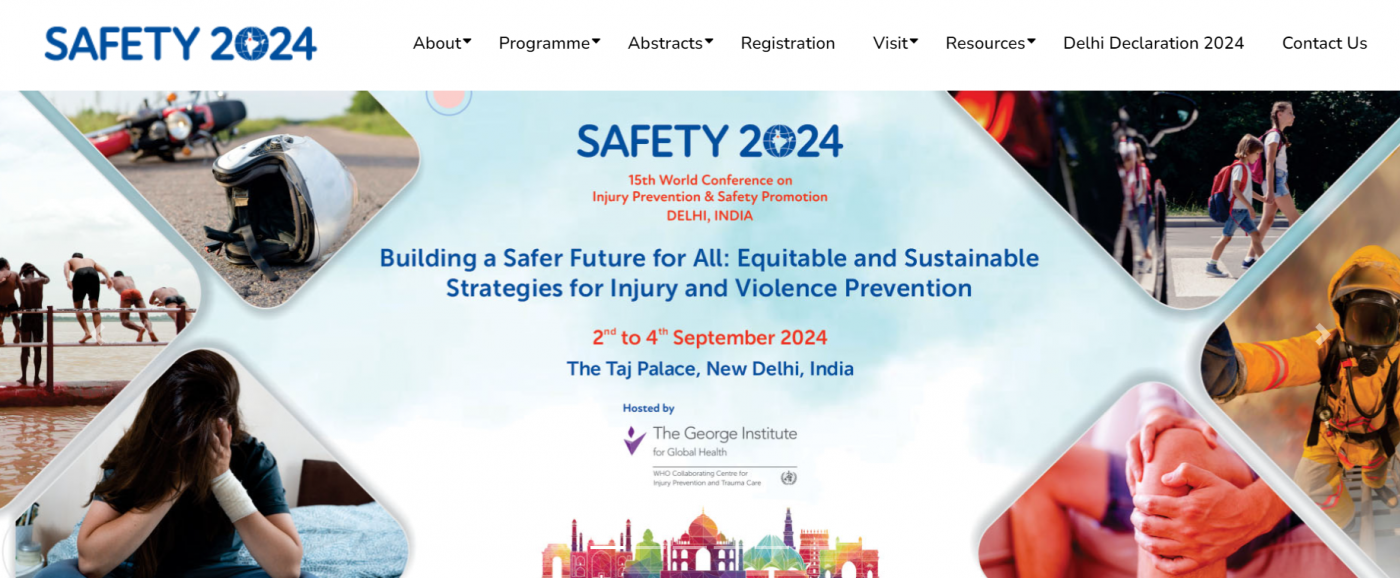

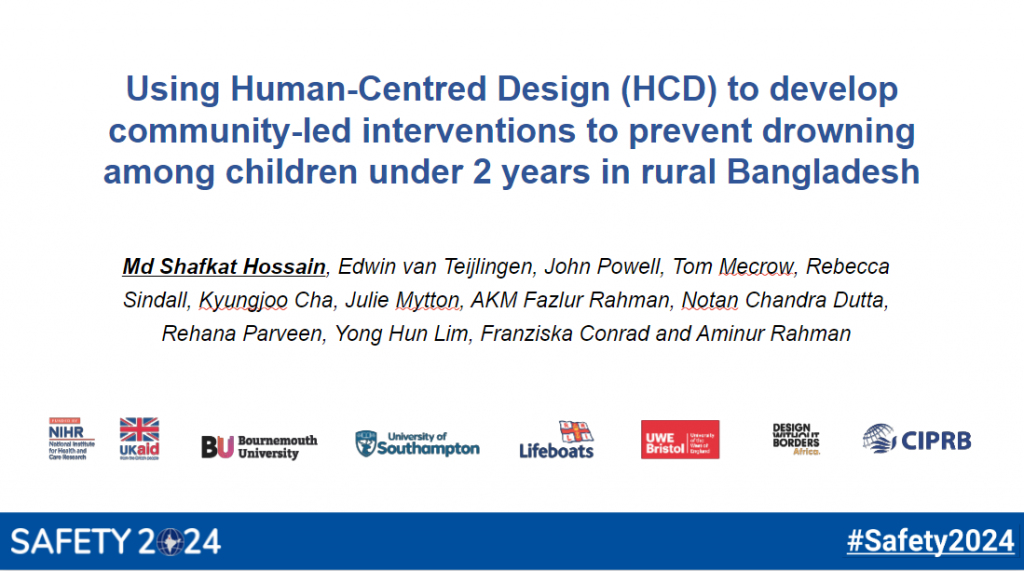

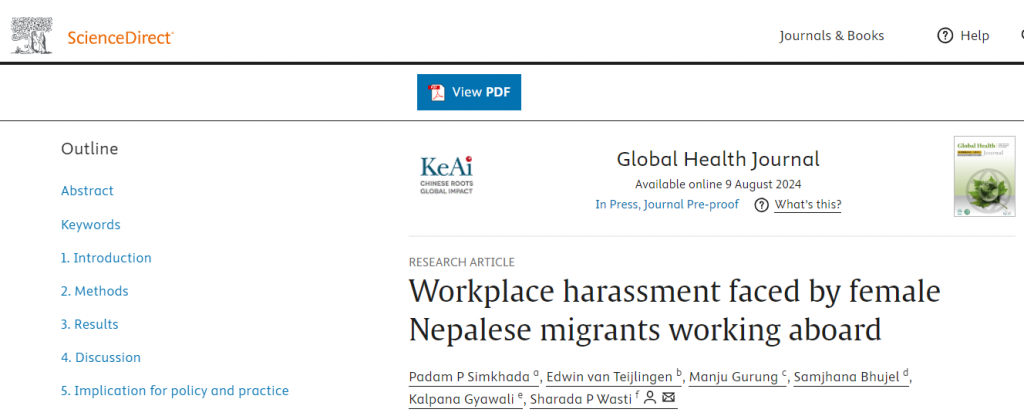
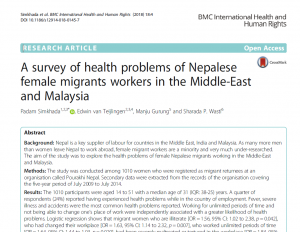
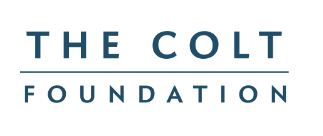

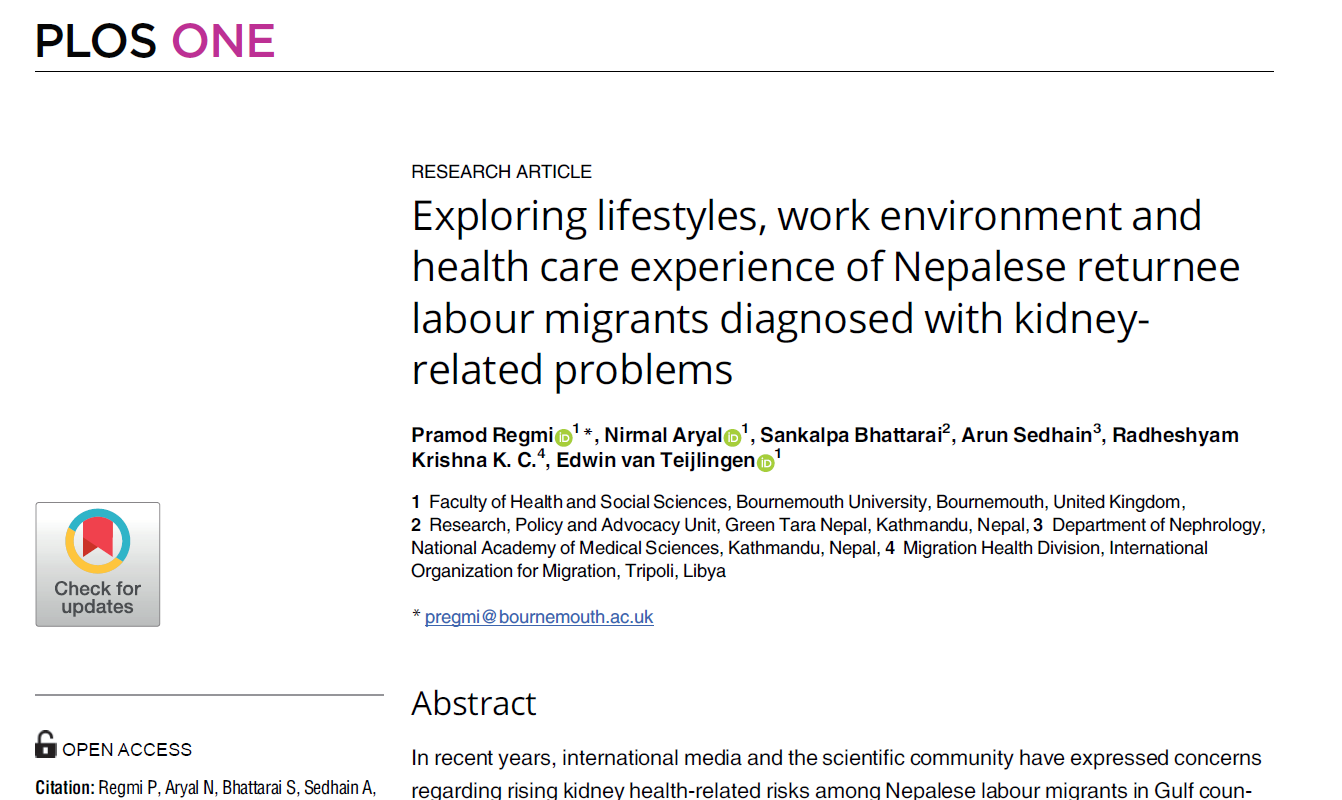
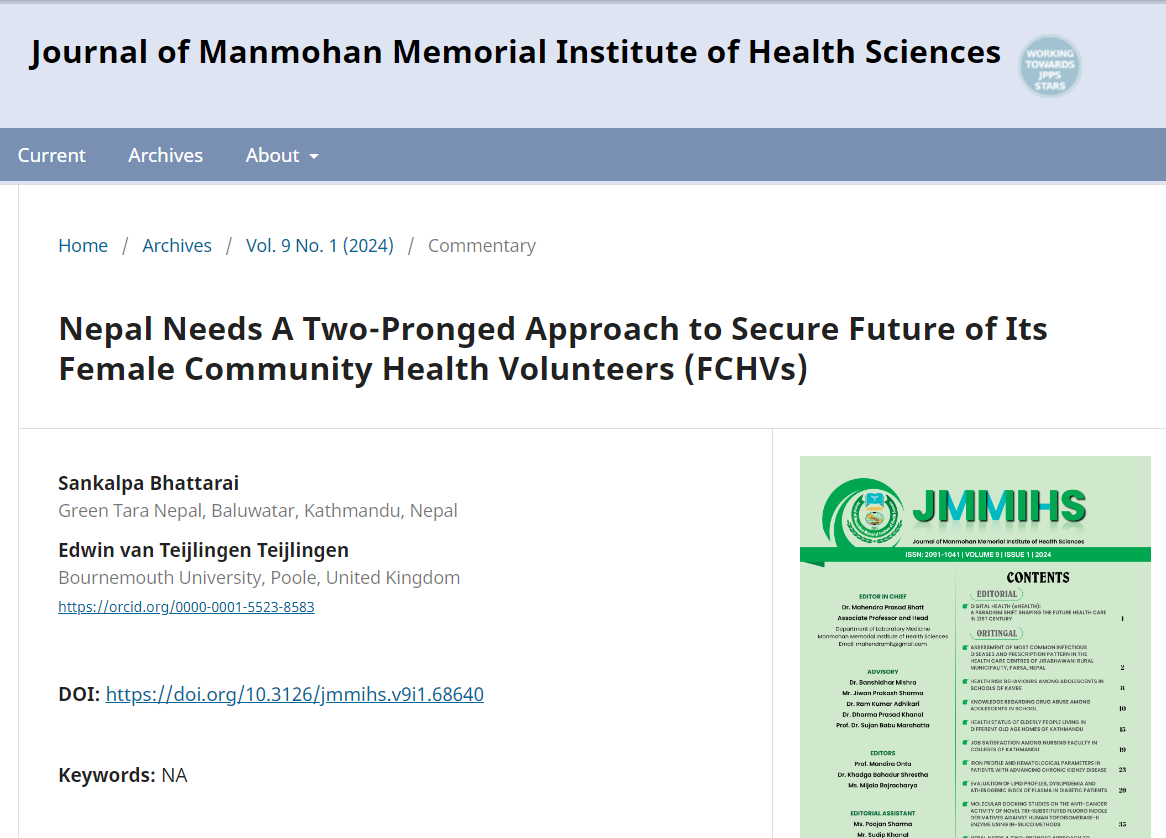


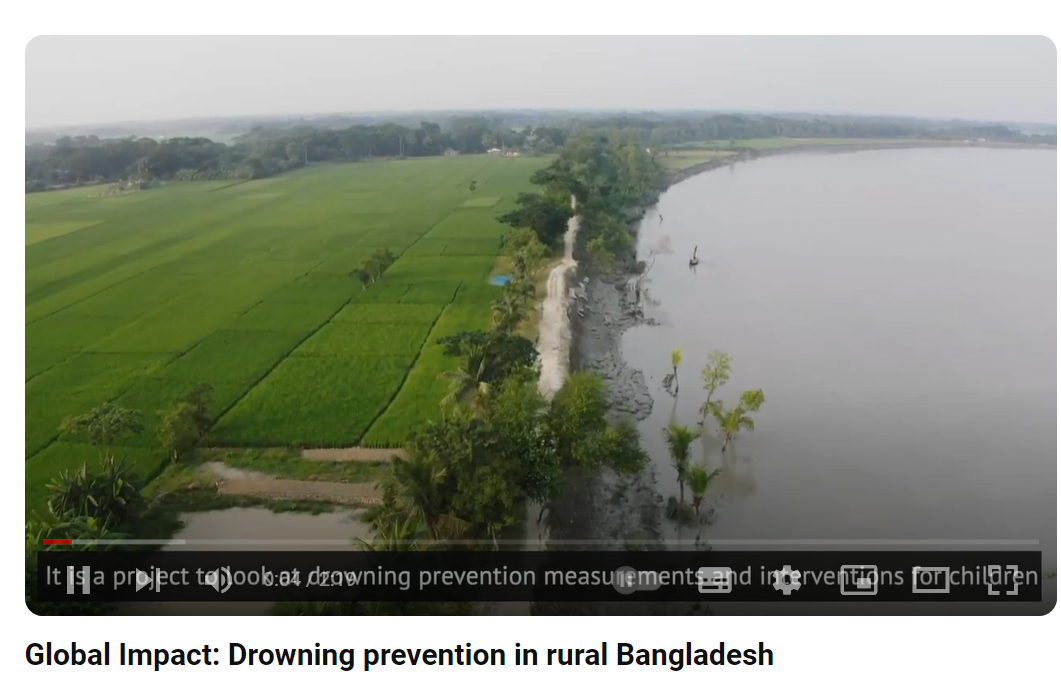

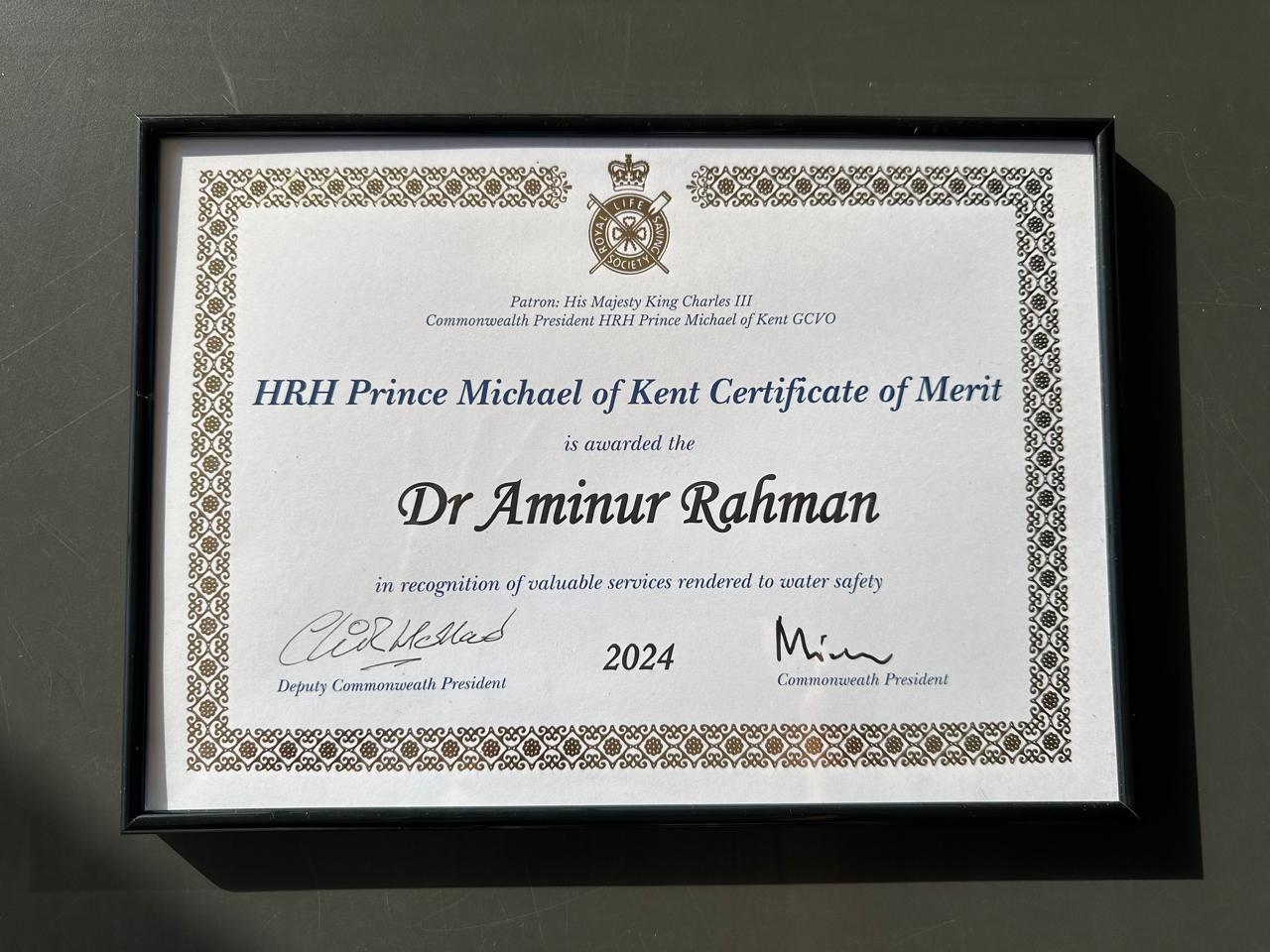
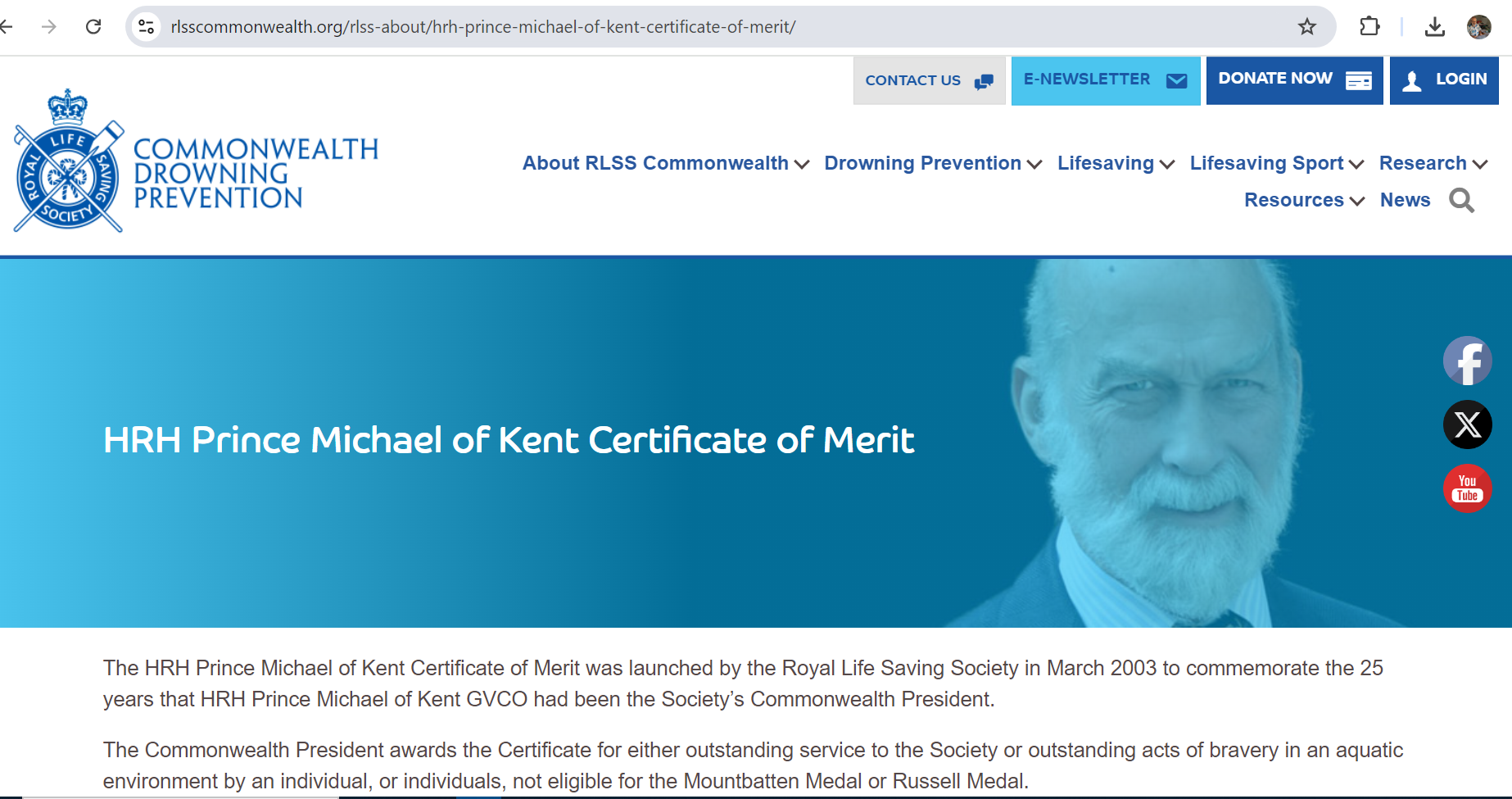


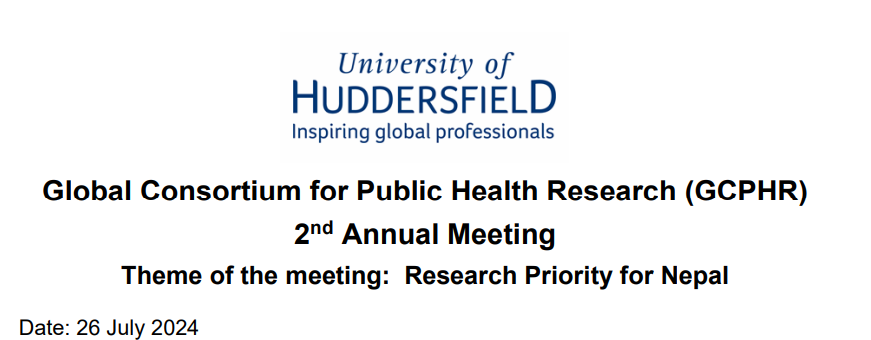
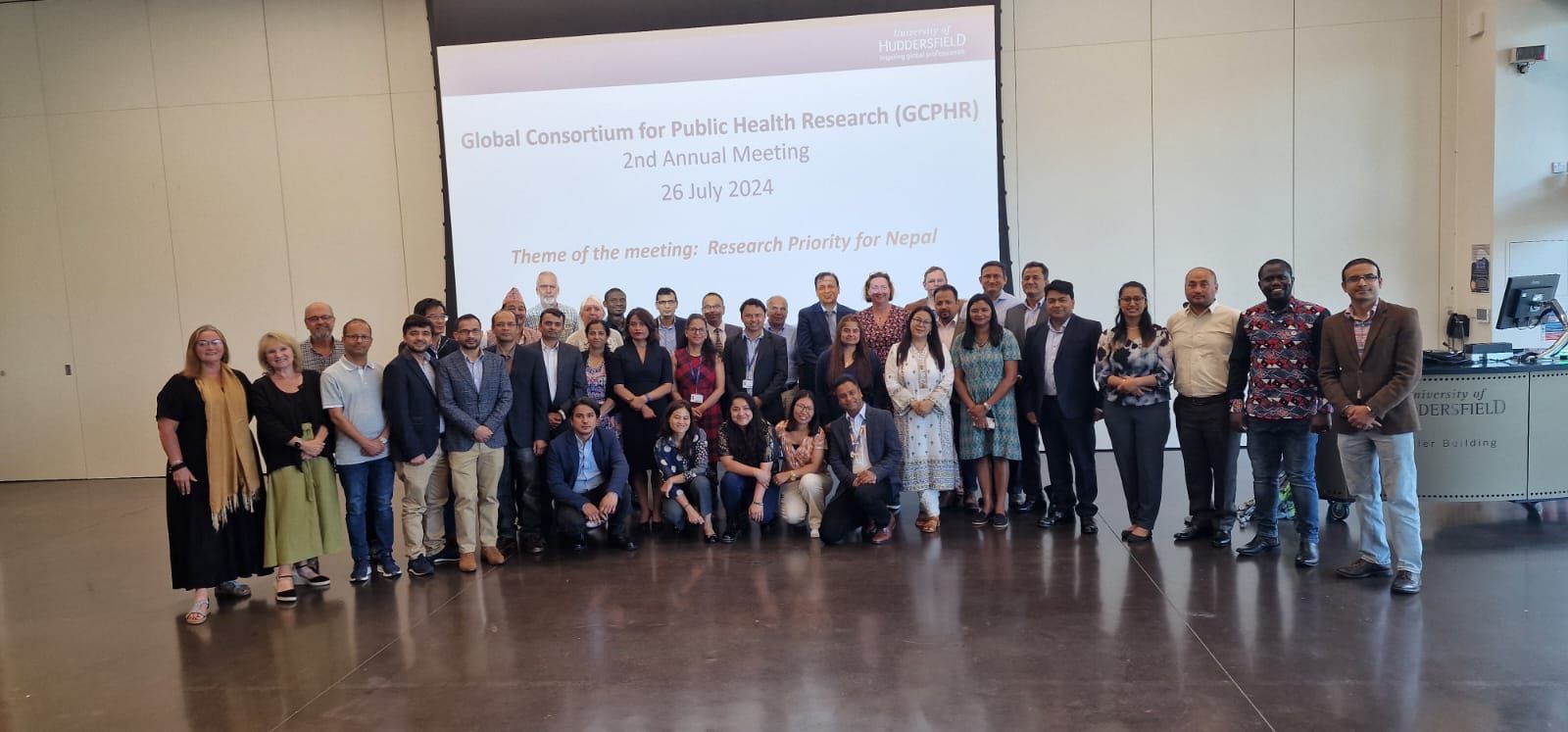
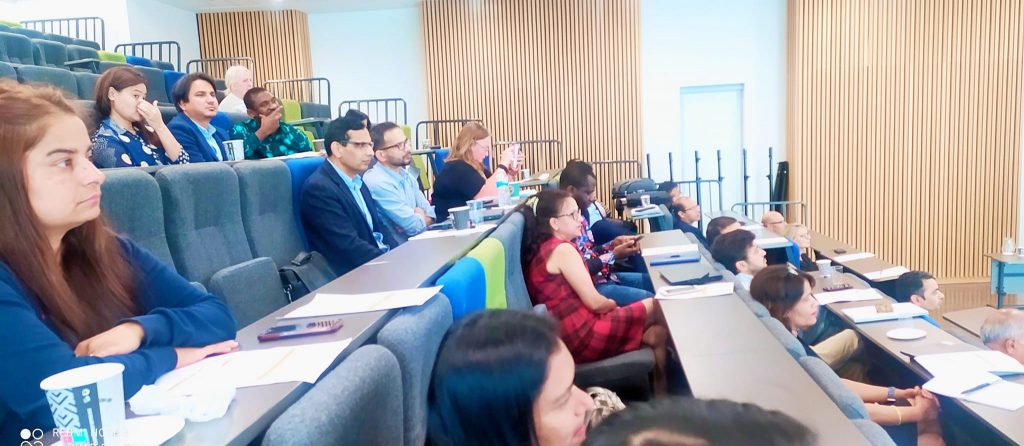











 Second NIHR MIHERC meeting in Bournemouth this week
Second NIHR MIHERC meeting in Bournemouth this week Dr. Ashraf cited on ‘Modest Fashion’ in The Guardian
Dr. Ashraf cited on ‘Modest Fashion’ in The Guardian NIHR-funded research launches website
NIHR-funded research launches website MSCA Postdoctoral Fellowships 2025 Call
MSCA Postdoctoral Fellowships 2025 Call ERC Advanced Grant 2025 Webinar
ERC Advanced Grant 2025 Webinar Horizon Europe Work Programme 2025 Published
Horizon Europe Work Programme 2025 Published Horizon Europe 2025 Work Programme pre-Published
Horizon Europe 2025 Work Programme pre-Published Update on UKRO services
Update on UKRO services European research project exploring use of ‘virtual twins’ to better manage metabolic associated fatty liver disease
European research project exploring use of ‘virtual twins’ to better manage metabolic associated fatty liver disease